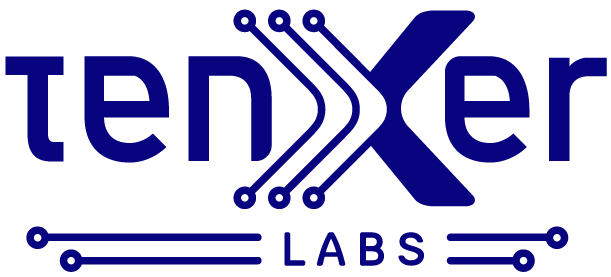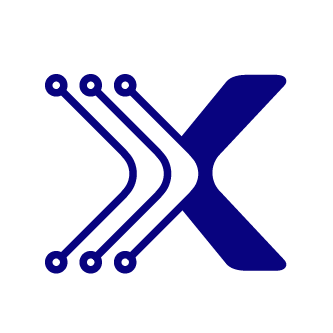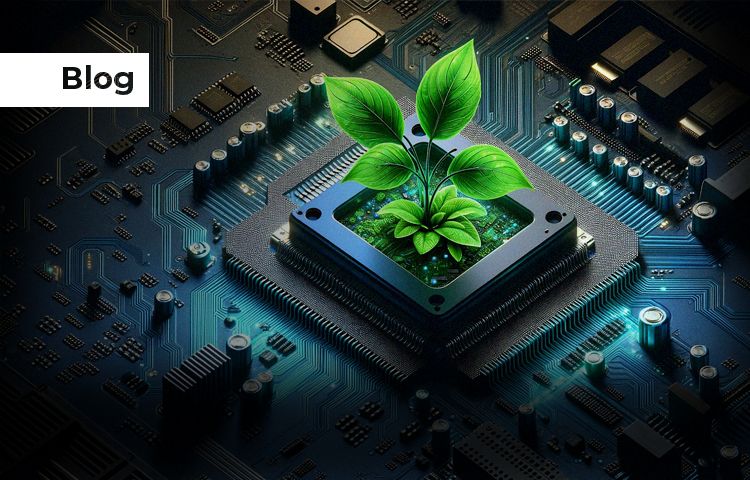The ever-growing demand for Artificial Intelligence (AI) brings with it a hidden threat: a surge in energy consumption. Another 2022 research study predicted that AI could consume up to 20% of global electricity by 2025 if left unchecked. Power generation remains the largest contributor to CO2 emissions, accounting for roughly 23% of global emissions in 2022 according to the International Energy Agency (IEA). Simply put, AI cannot achieve its full potential without significant strides towards decarbonization and the adoption of green computing practices.
Here’s where companies like ours are stepping in to bridge the gap. Tenxer Labs’ innovative cloud-based platform, LiveBench, addresses a crucial aspect of AI development – semiconductor evaluation. Traditionally, this process relies on physical hardware testing, leading to a significant environmental footprint.
LiveBench: Enabling Green Computing and Decarbonization in Semiconductor Evaluation
LiveBench offers a conscious approach to semiconductor evaluation. It allows engineers to interact with physical hardware virtually, in a cloud environment. This eliminates the need for multiple physical evaluation boards, drastically reducing the associated environmental impact:
Reduced E-waste
A study by the World Economic Forum estimates that 62.4 million metric tons of e-waste was generated globally in 2022. Chipmakers can embrace and promote cloud-based access to Evaluation Kits (EVKs) and Development Kits (DVKs) through platforms like Tenxer’s LiveBench. This eliminates the need for physical evaluation kits and board production for each customer, reducing e-waste and associated carbon footprint.
Lower Energy Consumption
The manufacturing, transportation, and maintenance of physical evaluation boards require significant energy. By eliminating this need, LiveBench reduces overall energy consumption throughout the evaluation process. A McKinsey & Company report suggests that cloud-based solutions can offer a 30% reduction in energy consumption compared to traditional methods by eliminating the need for multiple lab setups for component evaluation.
Faster Design Cycles
Cloud-based verification allows for quicker iteration and testing of ICs and components, leading to faster time-to-market and reduced energy consumption during the overall development cycle.
Green Computing Practices Beyond LiveBench: A Multi-faceted Approach to Green AI
Tenxer Labs plays a part, but a comprehensive approach is needed to achieve truly sustainable AI. Here are some additional areas requiring focus:
Energy-efficient data center architecture
Vertical power supply and other innovative solutions within data centers can significantly reduce energy consumption. Studies by The Green Grid suggest these solutions can achieve up to 20% lower energy usage.
Shifting AI to the Edge
Moving AI processing closer to the source of data (the “edge”) in smart devices reduces reliance on large, energy-hungry data centers. A Gartner report estimates that edge computing can offer a 75% reduction in energy consumption for specific AI applications.
Efficient chip design
Innovative chip design methodologies optimized for low power consumption are crucial for edge computing devices. Research by Stanford University demonstrates that new chip architectures can achieve up to 5x lower power consumption compared to traditional designs.
Collaboration for a Sustainable Future
The transition to green AI requires collaboration across multiple sectors. Semiconductor manufacturers, cloud service providers, and AI developers must work together to implement innovative solutions that minimize the environmental impact of this powerful technology. Tenxer Labs provides a valuable tool in this journey, and the company is committed to continuous improvement and collaboration to ensure a sustainable future for AI.
By adopting green computing practices and embracing innovative solutions like LiveBench, we can unlock the full potential of AI while ensuring a cleaner, greener future for generations to come.


